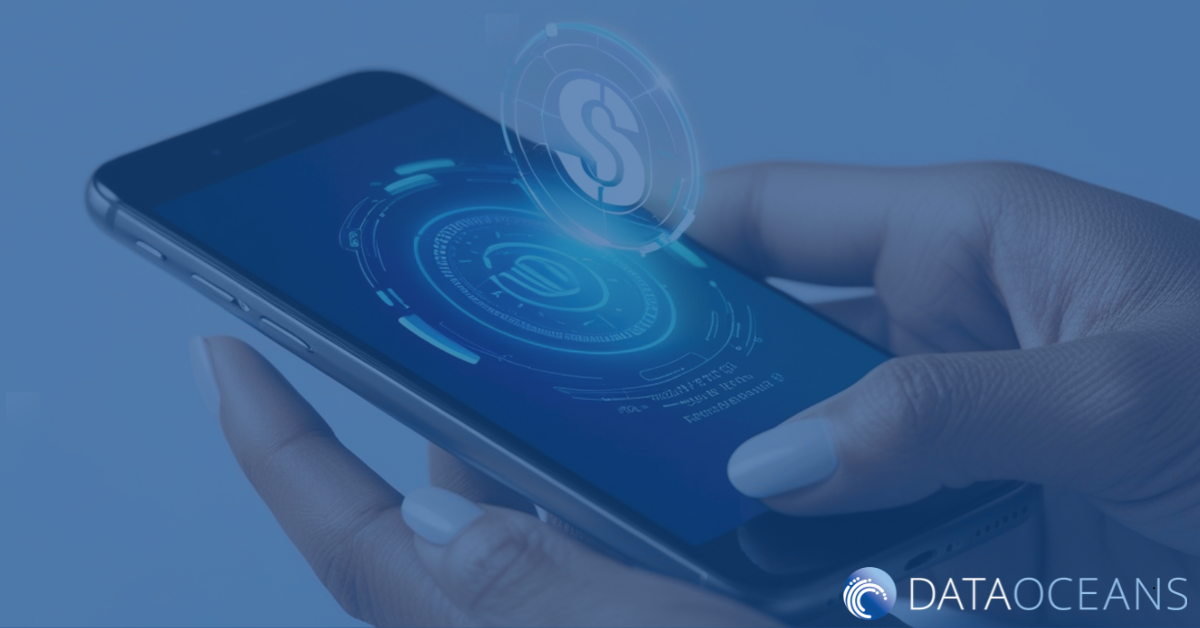DataOceans’ founder Larry Buckley was recently featured in a podcast for the blog BankPhD. Bankphd.com was founded by John Aranowicz, a banking industry veteran who blogs about all things related to the finance and banking industries. In the podcast Buckley mentioned his professional background and his vision for our company, but he mainly focused on the data transformation and print solution services we provide for companies in the banking industry.
Buckley began talking about the work the company does for banking clients by explaining what our products and services aim to do. Overall DataOceans’ products and services can help the banking industry improve customer experience and customer self-help, while reducing operating expenses and generating additional non-interest bearing revenues. Much of what the company does revolves around what Buckley calls DOCCM: Document Output Customer Communications Management.
In the past people physically had to walk into banks and interact with tellers to use their services, but now thanks to developments in online banking most banks primarily interact with their customers through the monthly statements and invoices they send. Making invoices effective, efficient, and pleasing to customers can be difficult for banks to do on their own, that’s why so many banks come to DataOceans to handle their invoice and document needs.
Making effective documents and statements for customers doesn’t just involve making them look nice, a lot of work goes into how DataOceans develops each statement. After collecting important data and analyzing it on an atomic level, we’re able to give customers their documents that they need. Our data mining techniques can help banks see trends and other useful information that they may not have been able to see without our help.
Buckley goes into much more detail about these important topics during his podcast. If you want to listen to the podcast follow the link. If you can’t listen to the podcast, you can read the podcast transcript here.


.png)
.png)